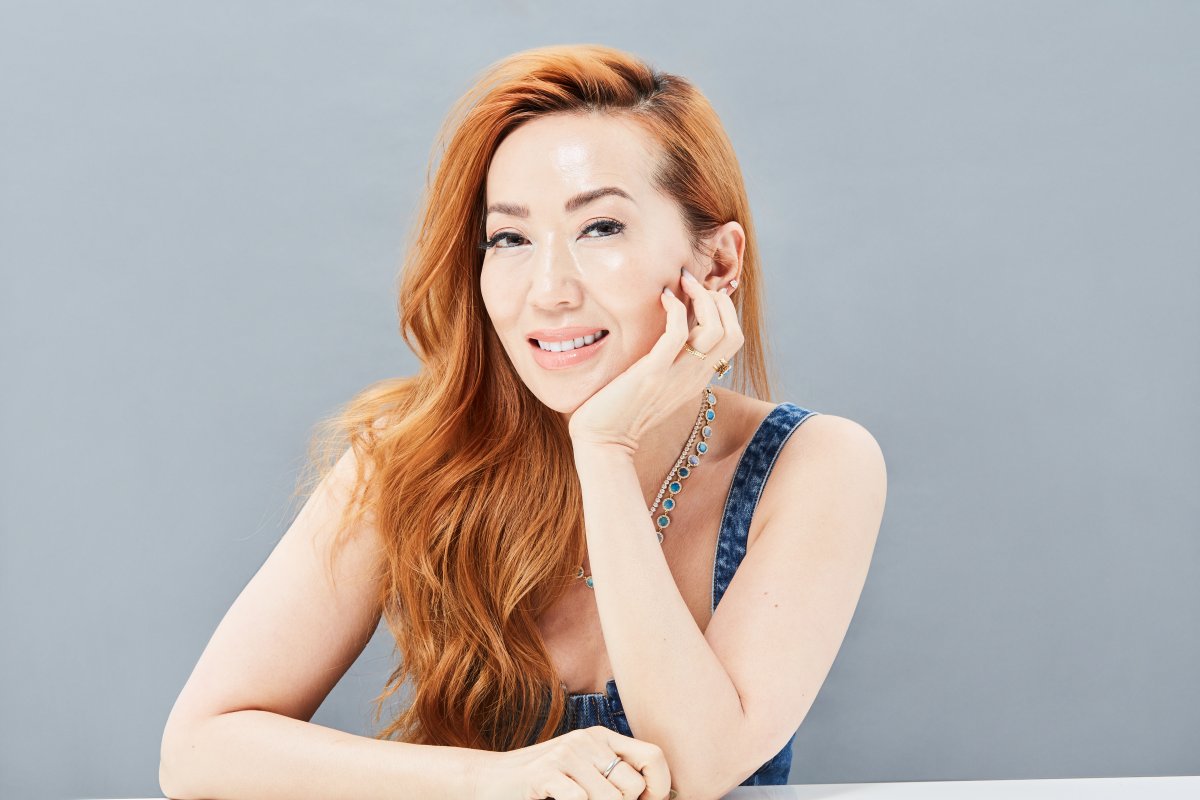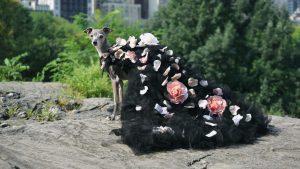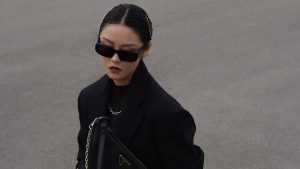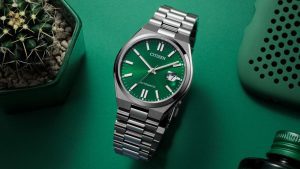Tina Chen Craig started the Bag Snob blog in 2005 with her friend Kelly Cook, eventually becoming a top fashion and beauty influencer who would sit front row at fashion week and work with brands like Max Mara, Augustinus Bader, and Estée Lauder on campaigns and events.
“I spent 17 years as an influencer, beauty ambassador […] but I’ve been skincare obsessed my entire life,” says Craig. At Bag Snob, she had the opportunity to try the best skincare products on the market. “These experiences gave me insight into what products were needed, what was missing from the market, what was truly working, what wasn’t, and the kind of products that I wanted to find, but couldn’t find,” says Craig, who famously blogged about her 13-step, 20-product routine in 2007. “I had access to all the best the beauty world had to offer, but that also made me realize that we really needed to streamline, simplify, and amplify, our [skincare].”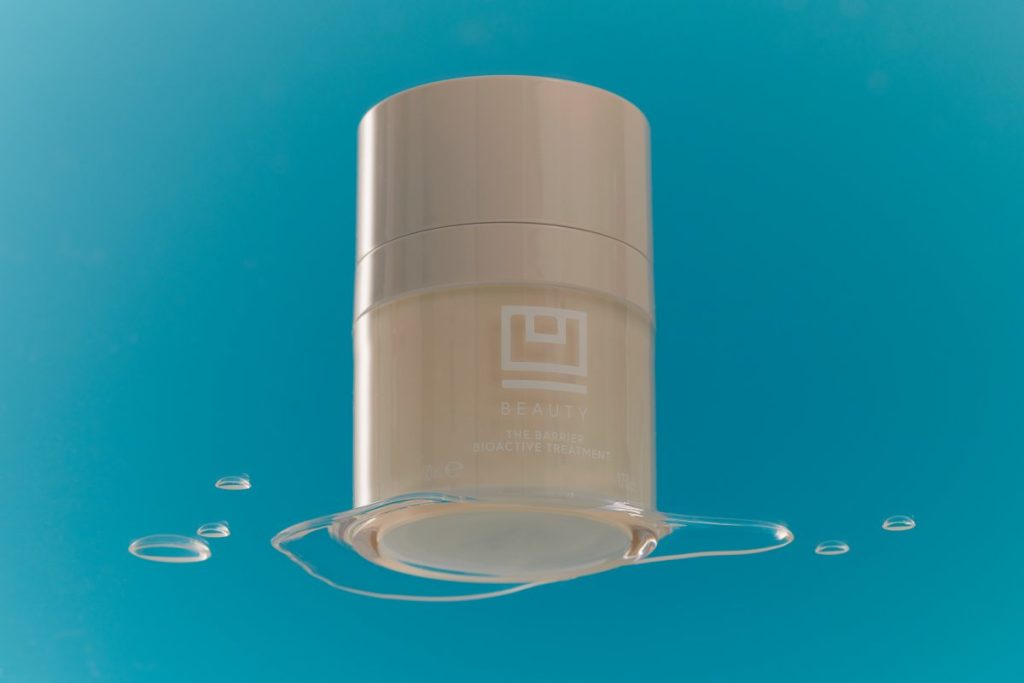

The global influencer marketing industry is worth an estimated US $16.4 billion, and bloggers and influencers like Chiara Ferragni, Aimee Song, and Michelle Phan have been able to parlay their social media followings into lucrative, multi-million dollar fashion and beauty lines. Bag Snob had a handbag collection with HSN, but for many years Craig had no interest in launching a beauty brand of her own, despite working as an ambassador and consultant for global luxury beauty brands.
“I always say I never, ever was going to launch a skincare line,” says Craig. “I thought the world had too many skincare lines. I thought there was already too much noise, too much confusion.” In fact, she would turn down opportunities to align with established beauty brands and, as she describes it, “stick my name on a bottle of serum and say I made it.”
The turning point arrived five years ago when Craig had an impromptu dinner in New York City with a longtime friend, Katie Borghese, and her husband, both of whom worked in the beauty business. The women bonded over their frustrations with the skincare industry. “I started seeing that it was all the same bull, it was the same old technology—no one was doing anything really innovative,” says Craig. “They would put it in sustainable packaging or different, prettier packaging or layers of packaging, which is the worst, and hire different ambassadors and tell … a different story of the exact same age-old ingredients and technology that hasn’t changed probably since 1950.”
Over dinner, Borghese told Craig about a medical-grade lab in Italy that she was working with, and an innovative, as yet unnamed, technology that had been in research and development for over a decade: a skincare delivery system that could get active ingredients into the parts of the face that need them. “That’s what piqued my interest,” Craig recalls.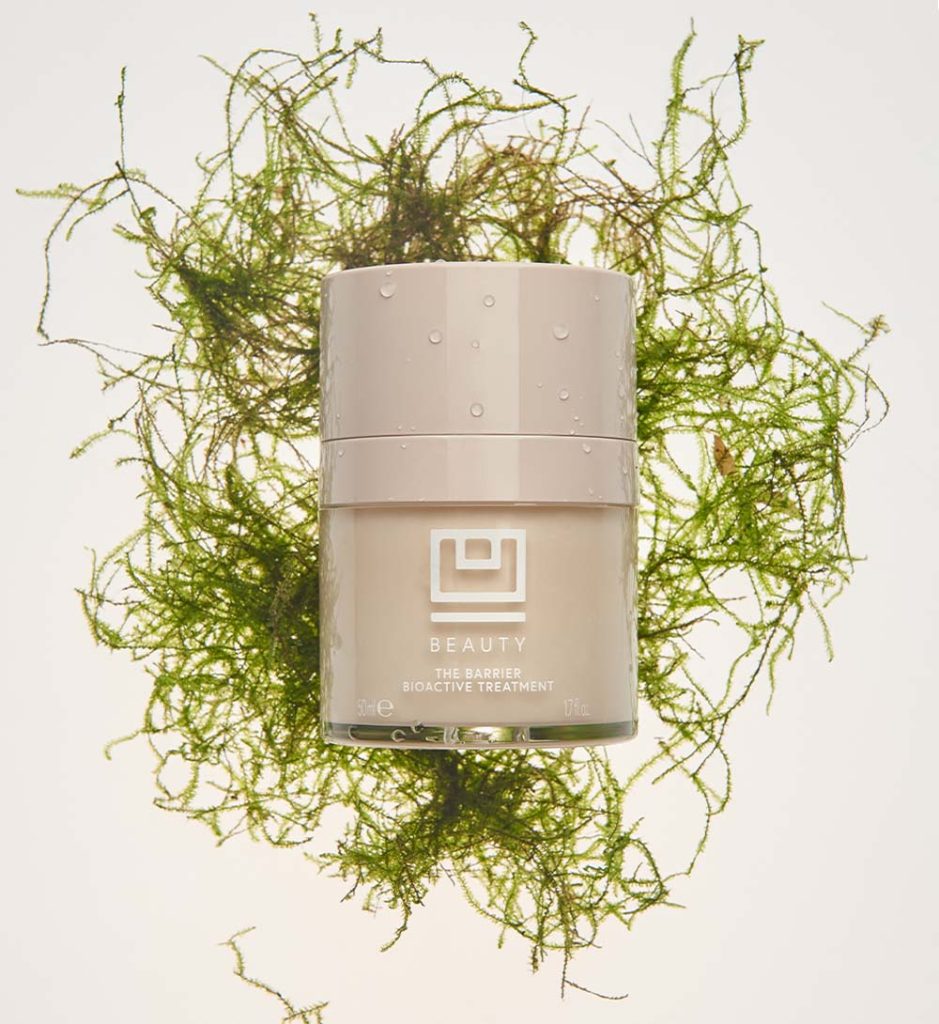

What followed was a subsequent meeting in Los Angeles, where Craig met with the lab’s owners and chemist and shared her personal skincare woes and wish list. “I talked about my frustrations, what I was looking for, what I believed was missing, the problem that I had identified after all these years being a brand ambassador, beauty editor, and influencer, and the solution that I was looking for,” says Craig. “And they said, ‘we can help you with that.’”
Craig was sent a lab sample, which she shared with a friend at Paris Fashion Week and, later, 100 different testers including fellow influencers and even her own teenage son—creating organic buzz around the product and even helping the brand partner with luxury retailer Net-a-Porter for its launch. “That’s how it started,” she recalls.
RELATED: Five Beauty Lessons from Skincare Entrepreneur Tata Harper
Still, perfecting that lab sample into a hero product took months, and nine formulations. U Beauty finally debuted on Net-a-Porter in 2019, offering a single product: its Resurfacing Compound. “[It] has a technology called the siren capsule, which is the unique delivery system that […] only release[s] the actives in the presence of free radicals,” says Craig. The double-patent-pending technology doesn’t cause irritation because it only releases actives “where your skin has oxidative damage, never on the healthy cells.” According to Craig, the company sold an entire year’s worth of stock in 21 days. “We knew we had something special,” she says.
The brand-building experience and industry relationships she had at Bag Snob, says Craig, helped her create this successful beauty brand. But having that profile was also a challenge initially, for the same reasons. “How do I convince people that this is truly a passion and organic because I have a very small [audience] following the scheme of things [but] they’re very dedicated and loyal,” says Craig, who has over half a million followers on Instagram. “But what about people who’ve never heard of us? The first [interaction], are they going to learn that a person named Bag Snob has a skincare line? So that’s when we decided that it’s not going to be called anything with my name.” 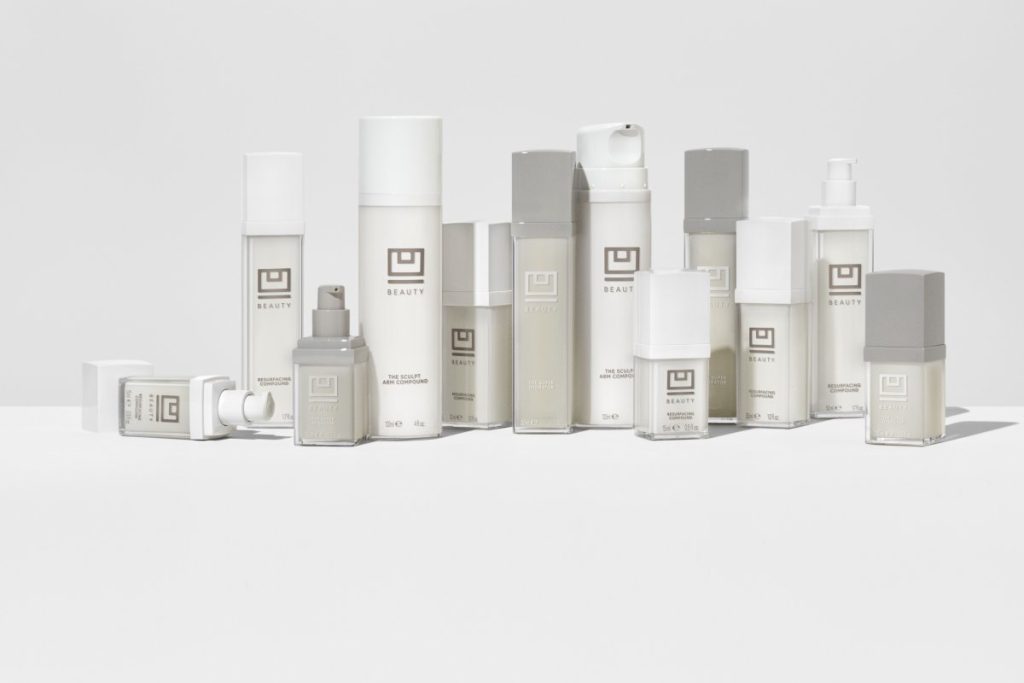

Today, U Beauty is carried by more than 100 retailers in over 40 countries, including at Holt Renfew and Ssense in Canada and, according to Vogue Business, is expected to bring in over $15 million USD in revenue this year. Still, for now, the line consists of just seven distinct products (there are plans to launch one more in October). “Our focus is still completely exactly the same as it was the day we started,” says Craig. “How do we disrupt the industry with truly efficacious products and not add to the noise? How do we provide truly the most amazing, innovative, high-tech skincare that really makes a change in everyone’s skin?”
In June, the company announced an undisclosed investment from Sandbridge Capital, which has invested in fashion and beauty brands like Youth to the People, ILIA, Thom Browne, and Farfetch. “We’re not taking a penny of it for ourselves; it’s all going back into the brand,” says Craig. “Marketing, obviously, but really the main thing is research and development and doubling down on our technology and putting out […] even better products.” She points out that U Beauty doesn’t buy pre-made ingredients from other labs or use third-party labs; instead, products are fully developed in-house, a process which takes time but allows for more experimentation and greater innovation.
“We’re not going to come out with 10 products overnight, either, because that’s just not our brand mission. We’re staying very focused, very disciplined,” says Craig. “I think the main thing [with the investment] is we stress less now.”


